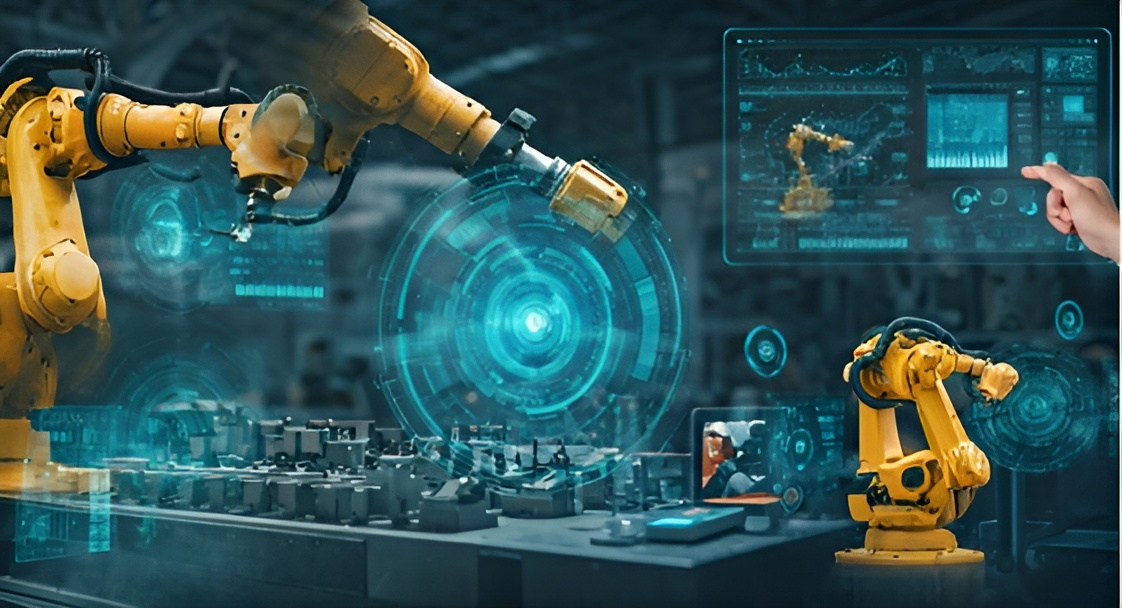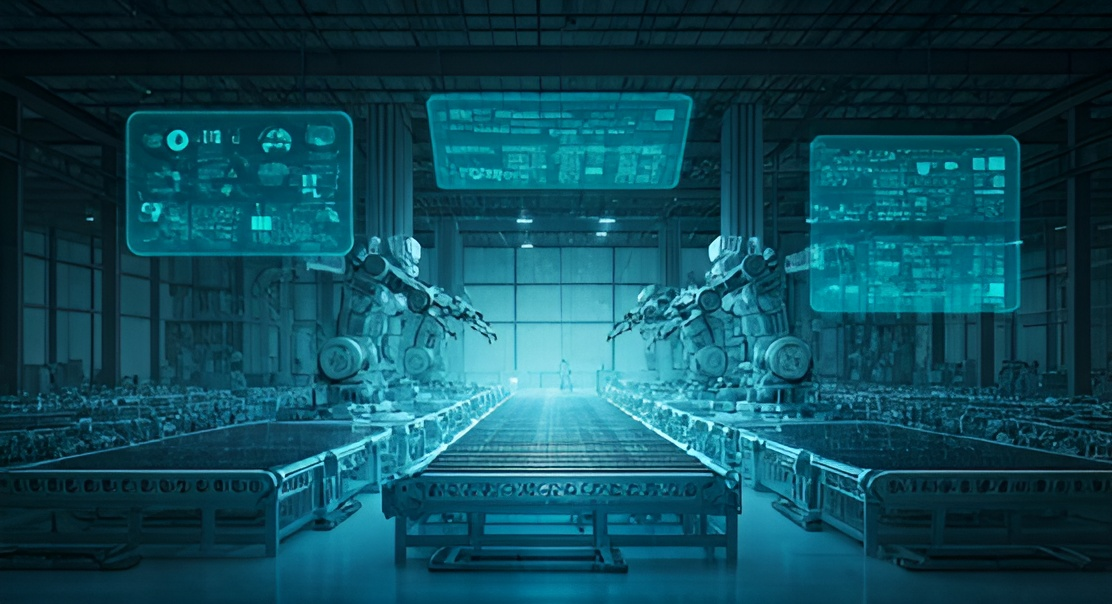Discover the Benefits of an Automatic Manufacturing System
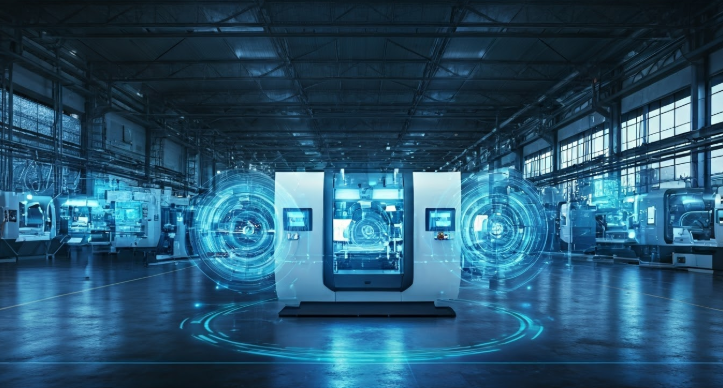
What is an automatic manufacturing system and how does it work?
An automatic manufacturing system is a technology-driven process that automates production tasks, enhancing efficiency and precision. It utilizes machines, robotics, and software to manage workflows, reducing human intervention. By integrating these systems, manufacturers can streamline operations, minimize errors, and increase overall productivity while maintaining high-quality standards.
Automatic Manufacturing Limited: Innovations That Matter
Key Highlights
- Automatic manufacturing systems employ industrial automation to boost production efficiency and streamline repetitive tasks.
- Control systems and robotics ensure precision, consistency, and enhanced quality control in manufacturing processes.
- Types of automation, such as fixed, programmable, and flexible systems, enable scalability and adaptiveness in production methods.
- Programmable logic controllers (PLCs) and sensors play a crucial role in managing machinery and optimizing the entire production process.
- Automation technology reduces downtime, minimizes bottlenecks, and enhances overall efficiency for industries like automotive, aerospace, and pharmaceuticals.
Introduction
Defining Automatic Manufacturing Systems
Key Components of Automatic Manufacturing Systems
How Automatic Manufacturing Differs from Traditional Methods
Main Types of Automatic Manufacturing Systems
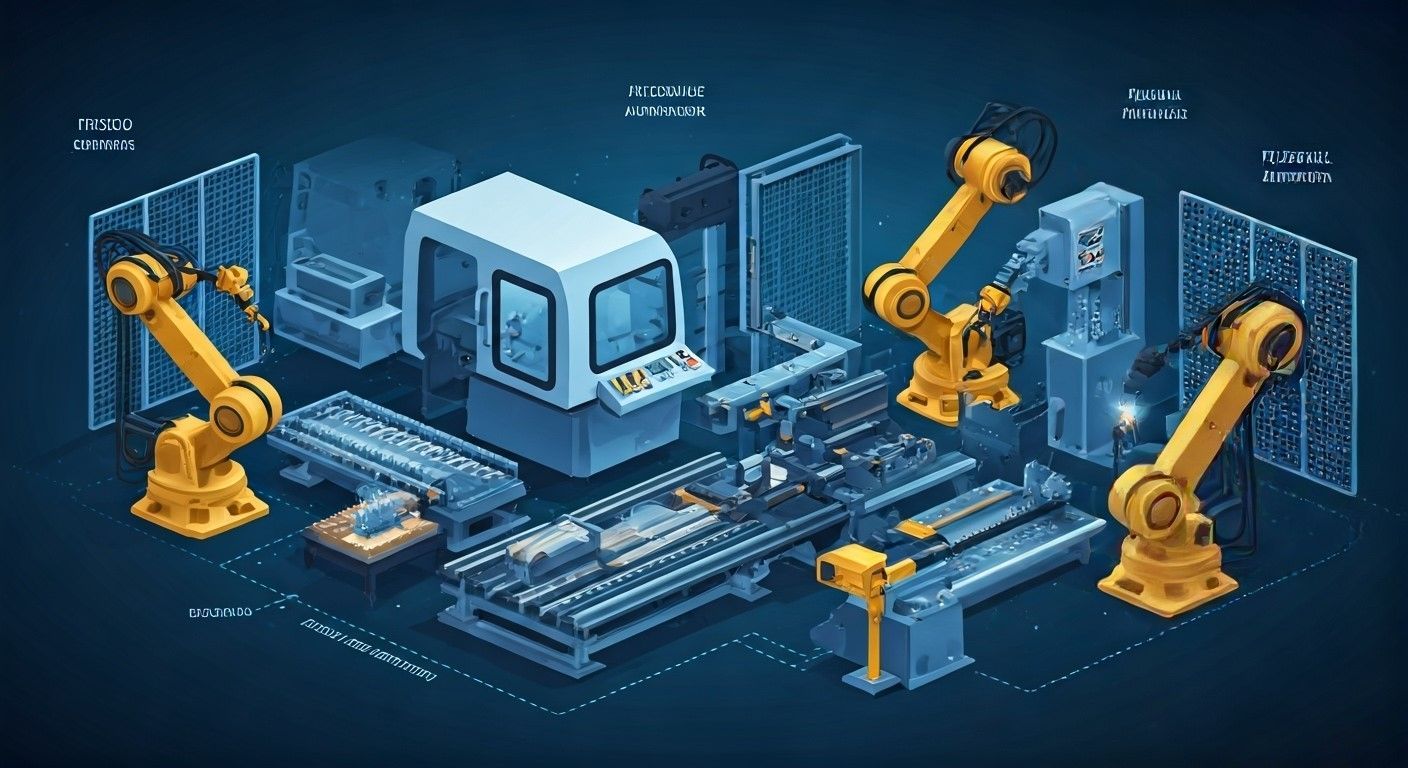
| Features | Fixed Automation | Flexible Automation |
|---|---|---|
| Ideal for | Single product production | Batch or varied product tasks |
| Adaptability | Limited | High |
| Downtime for reconfiguration | Significant | Minimal |
Computer-Integrated Manufacturing and Robotics
Core Benefits of Implementing Automatic Manufacturing Systems
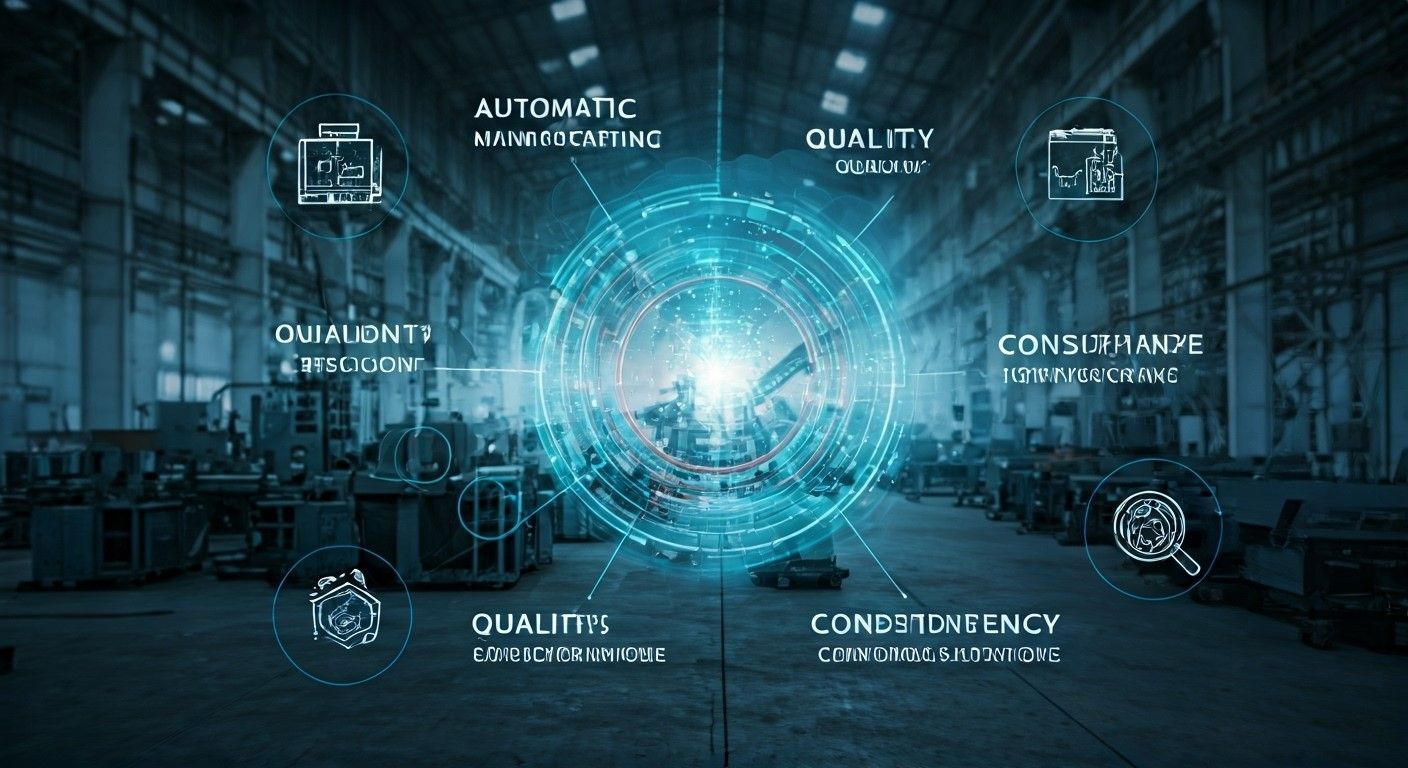
Increased Production Efficiency and Speed
Key features of automation boosting efficiency include:
- Smart analytics used in the production process to make the entire production process better.
- Less waiting during the change from one task to another, thanks to process automation.
- Working all the time without any breaks, so delivery speeds stay steady.
Enhanced Product Quality and Consistency
What industries benefit most from automatic manufacturing systems?
Are automatic manufacturing systems cost-effective for small businesses?
How do automatic systems improve workplace safety?
What are the challenges of adopting automation in manufacturing?
How is automatic manufacturing evolving with new technologies?

